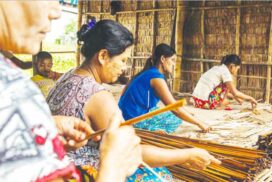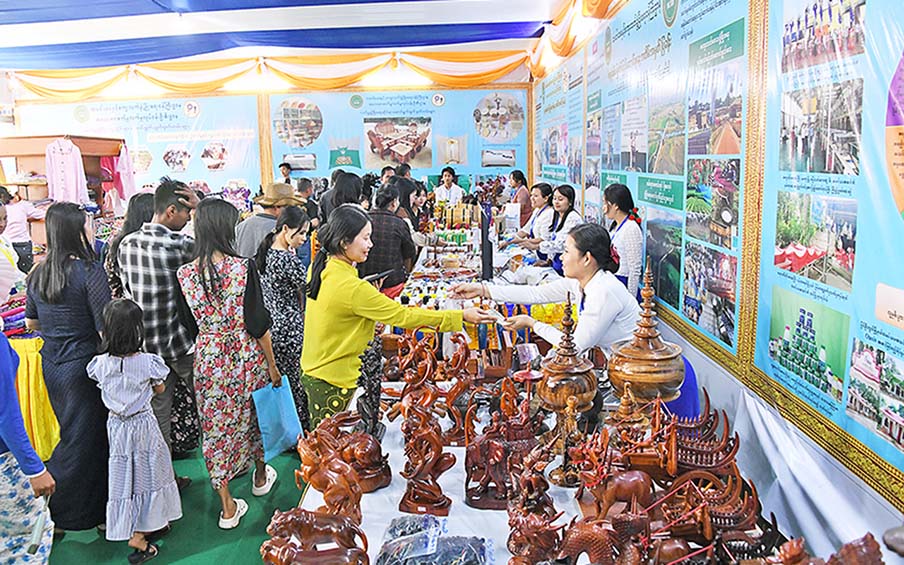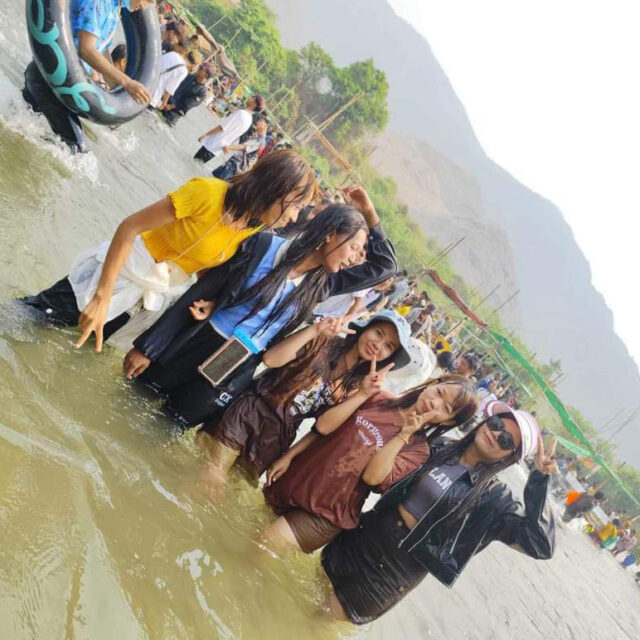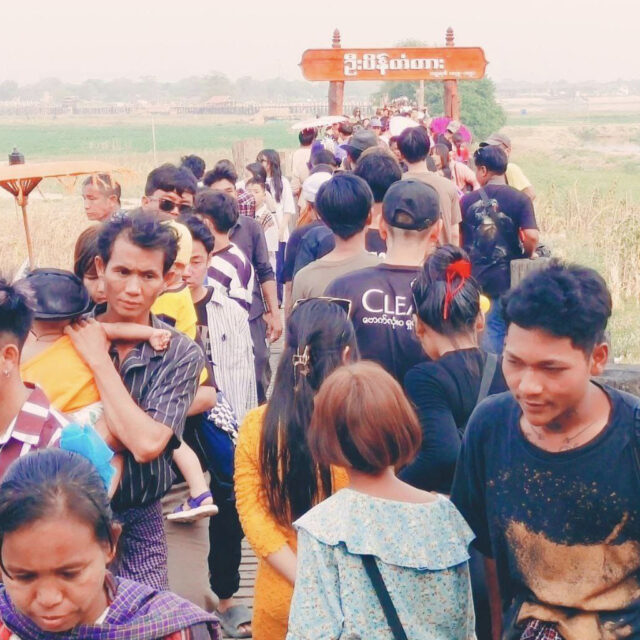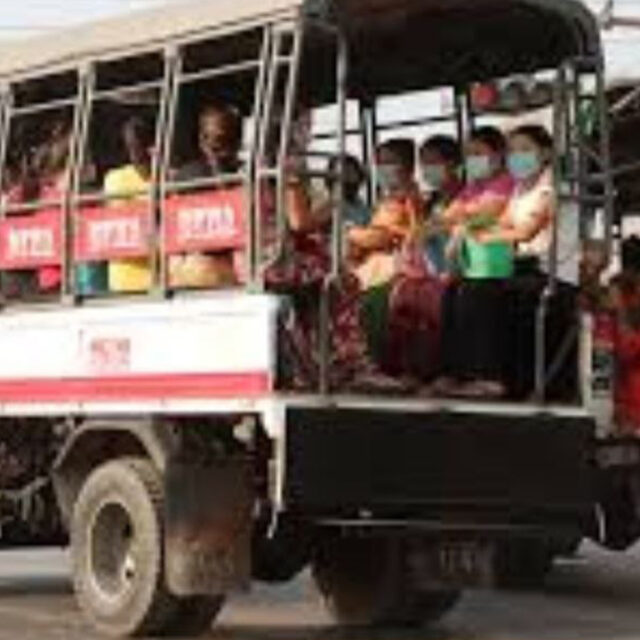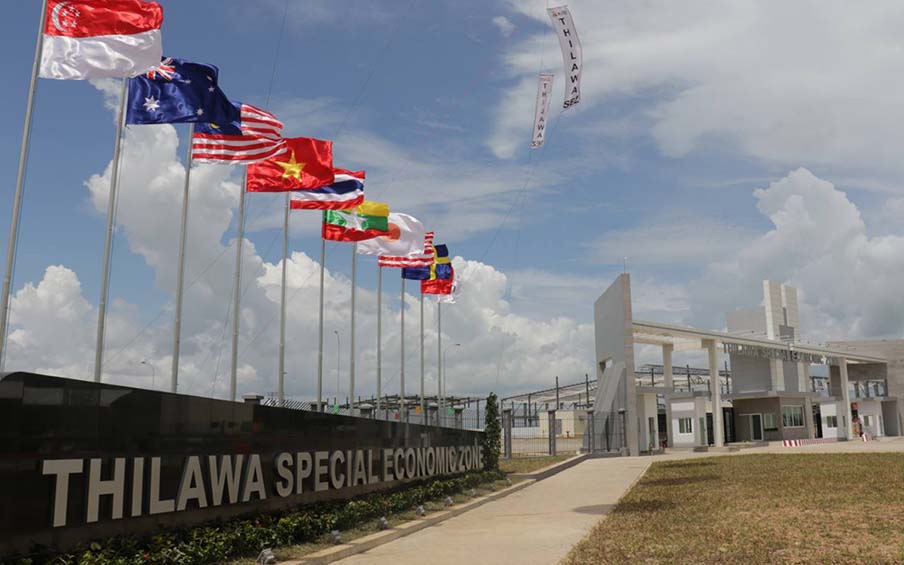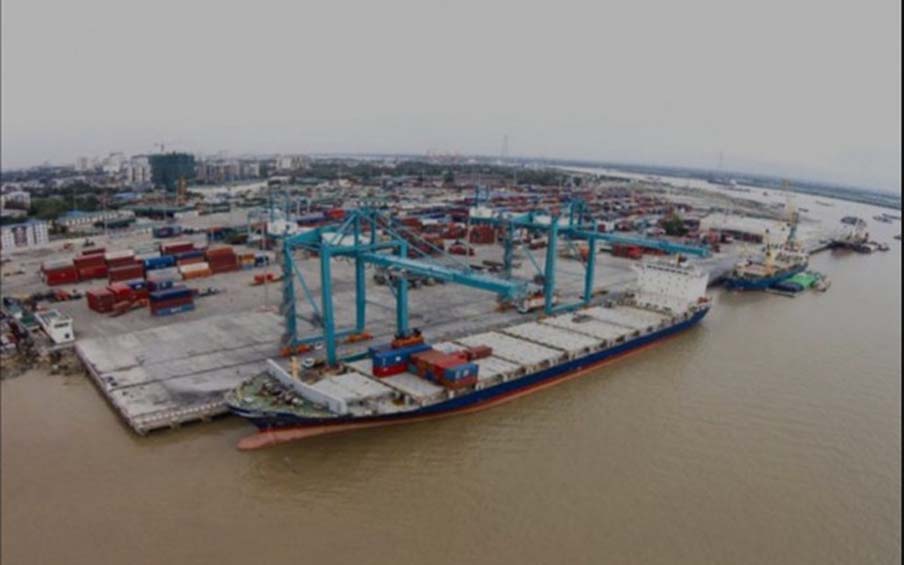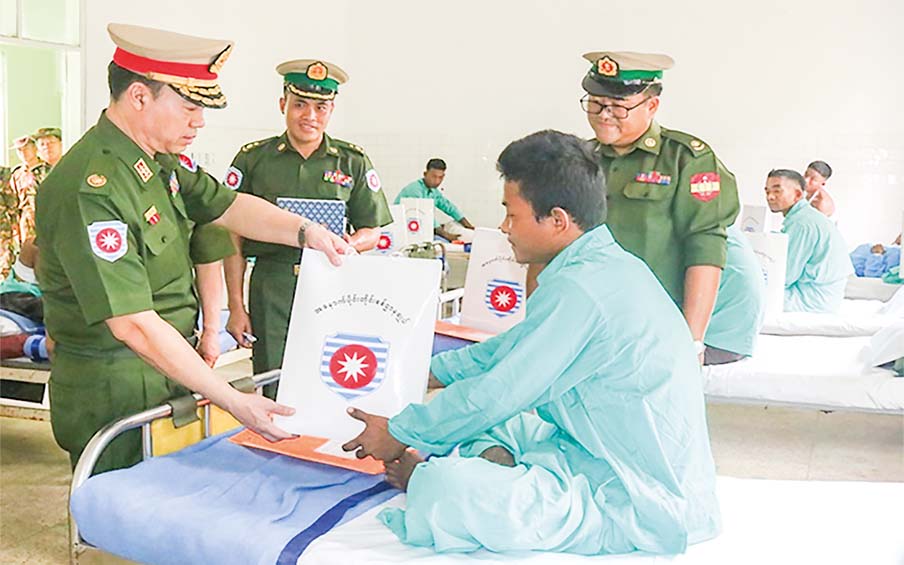As climate change threatens a doubling of the impact of extreme drought and fire within a generation, researchers are uncovering the influence of human activity on both these growing risks.
One study has found that human numbers exposed to the hazard of extreme drought are likely to double in the decades to come, as global heating bakes away the groundwater.
The average temperature in south Asia, including Myanmar, have been rising, and rainfall has become more erratic. These changes are projected to continue accruing over the coming decades.
The summer of 2021 will be arriving soon, and it promises to bring searing heat to most parts of the country.
The Department of Rural Development under the Ministry of Agriculture, Livestock and Irrigation has been taking preparatory measures to supply drinking water to villages that are expected to face drought in the summer.
The problem of water shortage, which strikes rural areas every year, has alerted us of the need to prepare not only short-term but also mid-term and long-term solutions to resolve the crisis.
Due to warmer temperatures in the summer, droughts and depleting water supply will likely become more common in Myanmar. The water crisis in rural areas every summer highlights the need for better urban planning and management.
The number of villages facing a water shortage will rise from the expected number year by year.
The problem of water shortage, which strikes rural areas every year, has alerted us of the need to prepare not only short-term but also mid-term and long-term solutions to resolve the crisis.
With a medium-to-high level of global warming the betterment of water management is playing an important role in dealing with water shortage problems to cope with the increasing number of people who will suffer from extreme droughts.
When it comes to curbing water shortage in rural areas, urban planners and engineers need to learn from changing rainfall patterns and take future demand into account to build more resilient infrastructure.
Existing long-term plans to formulate the irrigation systems and utilization of pumping irrigation from rivers streams and underground water should be effective.
Meanwhile, private investments are welcomed to develop the water-related sectors, such as water supply and water treatment, sanitation, personal hygiene and clean environment, agriculture, livestock and hydropower sectors.



